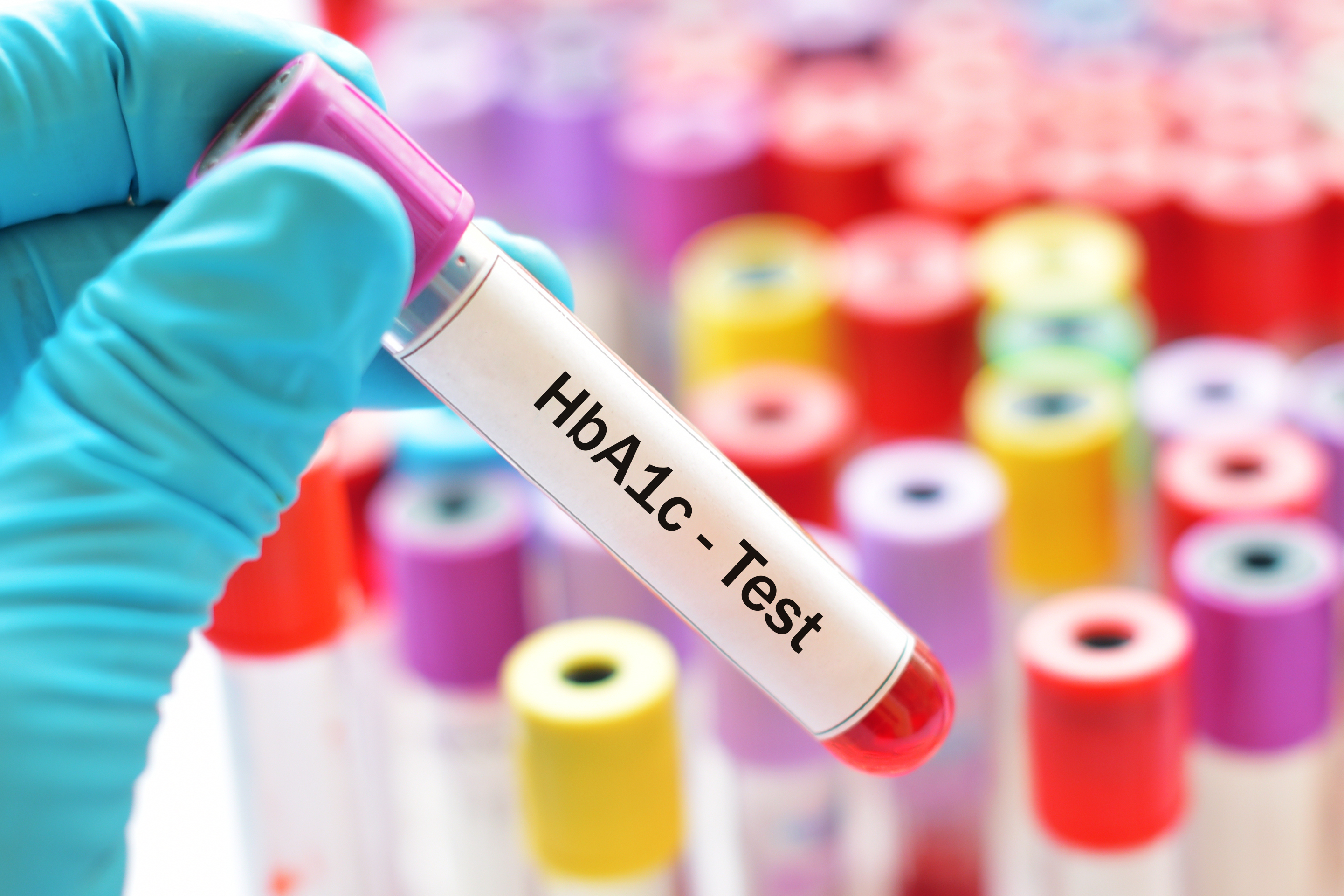IGT Referral Form
If you would like us to refer you to a diabetes prevention program to help you reduce your risk of developing diabetes, please complete the Impaired Glucose Tolerance Referral form.
How does someone develop IGT?
There are a number of factors that contribute to somebody developing IGT or Type 2 diabetes:
If you have a parent, sibling or child with Type 2 diabetes
If you are of white ethnic origin and over 40 years old
If you are African-Caribbean, Black African or South Asian and over 25 years old
If you are overweight – especially if you are carrying your extra weight around the middle
If you have ever had or have high blood pressure
You can find out your own risk of developing Type 2 Diabetes using this tool: Know Your RiskWhat is Impaired Glucose Tolerance (IGT)?
IGT may sometimes be referred to as prediabetes, especially in the press. It means that the level of glucose in your blood is higher than normal, but not high enough to have developed into Type 2 diabetes yet. It means that if your condition is not improved, then you are at high risk of being diagnosed with Type 2 diabetes in the future.
How do we know if you have IGT?
We take a blood test called a HbA1c. It helps us to know your average blood sugar levels for approximately 2-3 months leading up to your blood test. When the sugar in your body attaches to your red blood cells it makes something called ‘glycated haemoglobin’ which we call HbA1c for short. So, when the amount of sugar in your blood increases, so will the HbA1c. If your HbA1c is between 42-47mmol/mol we call this Impaired Glucose Tolerance. We diagnose Type 2 diabetes if your HbA1c is 48mmol/mol or above.
If you have IGT we like to check your HbA1c level each year.
What can help to reduce HbA1c levels?
The good news is that there are several things you can do to reduce your HbA1c level and lower your risk of developing Type 2 diabetes.
Maintaining a Healthy Weight – Even losing just 5% of your body weight can reduce your risk of developing Type 2 diabetes. The more you maintain a healthy weight, the lower your risk will be. We know that it isn’t easy, which is why we have lots of ways to help you lose weight. Finding the right diet that works for you and your commitments can be hard, especially in the beginning. Choosing a diet that works for you means you are more likely to stick to it and achieve great results. We are able to refer you to great resources to help support you with weight loss and healthy choices.
Healthy Food Choices – We know that life is busy with lots of things to juggle. It isn’t always easy to make the best choices when it comes to food – challenges such as time and budget can make it feel impossible sometimes. Even if you are not dieting to lose weight, healthy food choices can make a big difference and they don’t have to be time consuming or expensive. You can find help understanding what to eat on: www.nhs.uk/live-well/eat-well
Getting Active – Regular exercise doesn’t just help you lose weight, it improves your cardiovascular health and your mood too. You don’t have to start training for a marathon or join a gym if that doesn’t feel right. Starting to introduce more physical activity into your week, bit by bit, will have a positive impact. Here are some ways you can increase the amount you move your body Diabetes: Move more
Impaired Glucose Tolerance (IGT)
Page published: 9 September 2024
Last updated: 9 September 2024